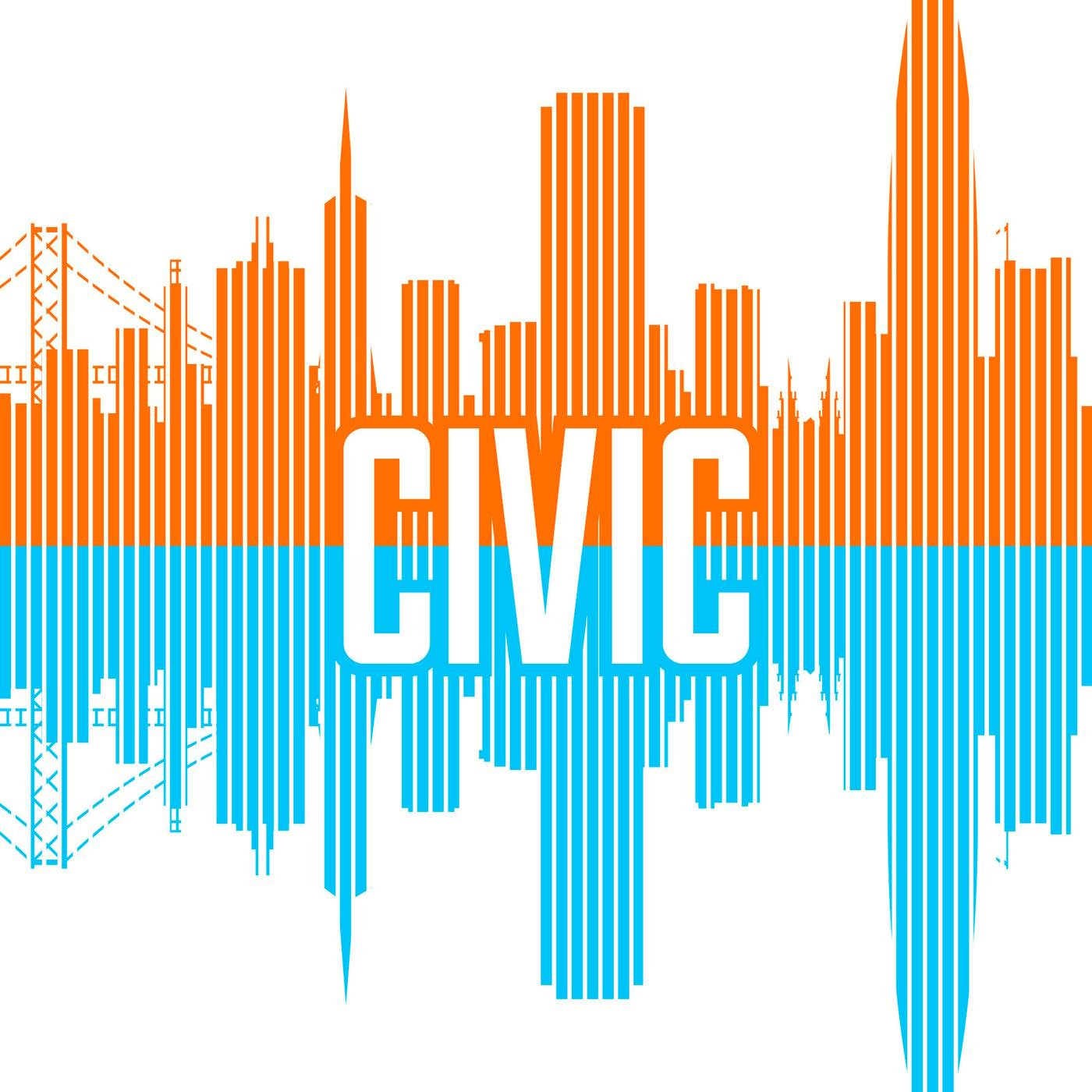
Civic is the flagship audio program from the San Francisco Public Press, a nonprofit news institution, covering the city and how it works. The radio program airs every weekday on KSFP -LP 102.5 FM in San Francisco.
Increases in the number of migrants arriving in San Francisco have stress-tested the city’s shelter system, revealing the dire need for more housing and support for families. We talk to migrant parents driven out of their homes by violence and political upheaval about navigating San Francisco’s homeless response system and its impacts on their families’ health and wellbeing as they fight for a better future. A housing provider shares the limitations of the city’s data on family homelessness, and an immigration attorney tells us how a stable living situation helps migrant families with their court cases.
The first years of the COVID-19 pandemic are behind us and it’s time for an early reckoning of our successes and failures. An epidemiologist shares how a lack of public trust led to unnecessary deaths. AIDS activists discuss the importance of facing trauma and a woman who lost her father to COVID is fighting for a memorial for those who died.
Three years ago, when violence against Asian Americans spiked, local organizations took action to improve public safety. One group, the Coalition for Community Safety and Justice in San Francisco, is still doing that work. In this episode, we join them for one of their recurring community visits in the Richmond District. Outreach workers share how they connect with business owners and residents and help them feel safe.
Lila LaHood, publisher of the San Francisco Public Press, talks with Nuala Bishari from the San Francisco Chronicle, Sydney Johnson from KQED, and Sylvie Sturm from “Civic” and the San Francisco Public Press about their reporting on drug use, public policy and and substance use disorder treatment in San Francisco. They discuss the harm reduction philosophy and practice, San Francisco’s inconsistent stance on overdose prevention centers, public safety perceptions, Proposition F, and what other cities are doing to address drug use, sales and treatment in their communities.
Election Special: Voters in San Francisco registered with the Peace & Freedom, Green, Republican or Democratic parties have extra choices in the March 5th election that only come around once every four years — the party county central committees. We talk to a political strategist to discuss the power dynamics of these committees in San Francisco and find out what voters are tasked to choose. We also hear from representatives of each of these parties to learn a bit more about how they operate.
Democratic County Central Committee: https://www.sfdemocrats.org/our-party/the-dccc
Republican Party of San Francisco: https://www.sfgop.org/about
Green Party of San Francisco: https://www.sfgreenparty.org/about-us
Peace and Freedom Party of California: https://www.peaceandfreedom.us/index.php/about-us/about-peace-and-freedom
San Francisco Public Press March 2024 SF Election Guide: https://www.sfpublicpress.org/march-2024-sf-election-guide/
March 2024 Election Special: Mayor London Breed is facing one of the most pivotal moments of her political career as she campaigns for reelection amidst a dual crisis of addiction and homelessness. Her solution is a ballot measure that would compel welfare recipients to submit to drug addiction screening and treatment in order to get cash benefits. We explore the fierce debate that has rippled across San Francisco and beyond, and a very similar measure that catapulted a former San Francisco supervisor onto the national stage and political stardom — Gavin Newsom.
March 2024 Election Special: Why are San Francisco residents being asked to vote on County Superior Court Judges? We talk to University of San Francisco professor of politics Keally McBride about the slate of candidates, how the process works, and what people should be thinking about when considering their vote.
*Audio fixed - Previously uploaded episode was the wrong audio and has been fixed*
Fentanyl-related deaths among teens more than tripled across the U.S. from 2019 to 2021. And the CDC reports that two thirds of teens who died had someone nearby who didn’t provide an overdose response. Now San Francisco high school students are signing up for training sessions on how to recognize drug abuse and reverse overdoses. And it’s not just teens who want to help. City residents are carrying overdose reversal nasal spray in case they come across someone in need of rescuing. But reversing an overdose isn’t quite as simple as it might sound. In this sixth and final episode of our series on San Francisco and the overdose crisis, we hear about an organization dedicated to training people on how to reverse overdoses, and we drop in on a session to find out how it’s done.
Fentanyl-related deaths among teens more than tripled across the U.S. from 2019 to 2021. And the CDC reports that two thirds of teens who died had someone nearby who didn’t provide an overdose response. Now San Francisco high school students are signing up for training sessions on how to recognize drug abuse and reverse overdoses. And it’s not just teens who want to help. City residents are carrying overdose reversal nasal spray in case they come across someone in need of rescuing. But reversing an overdose isn’t quite as simple as it might sound. In this sixth and final episode of our series on San Francisco and the overdose crisis, we hear about an organization dedicated to training people on how to reverse overdoses, and we drop in on a session to find out how it’s done.
Narcan resources mentioned in the episode:
San Francisco residents can get Narcan from the Community Behavioral Health Services Pharmacy at 1380 Howard Street.
Detailed instructions on how to administer Narcan can be found on the DOPE website at harmreduction.org and on YouTube "How to Use Narcan with the DOPE Project."
The DOPE Project conducts Narcan distribution and in person trainings at the 6th Street Harm Reduction Center at 117 6th Street, during operating hours, Tuesday to Friday 11 am to 5 pm.